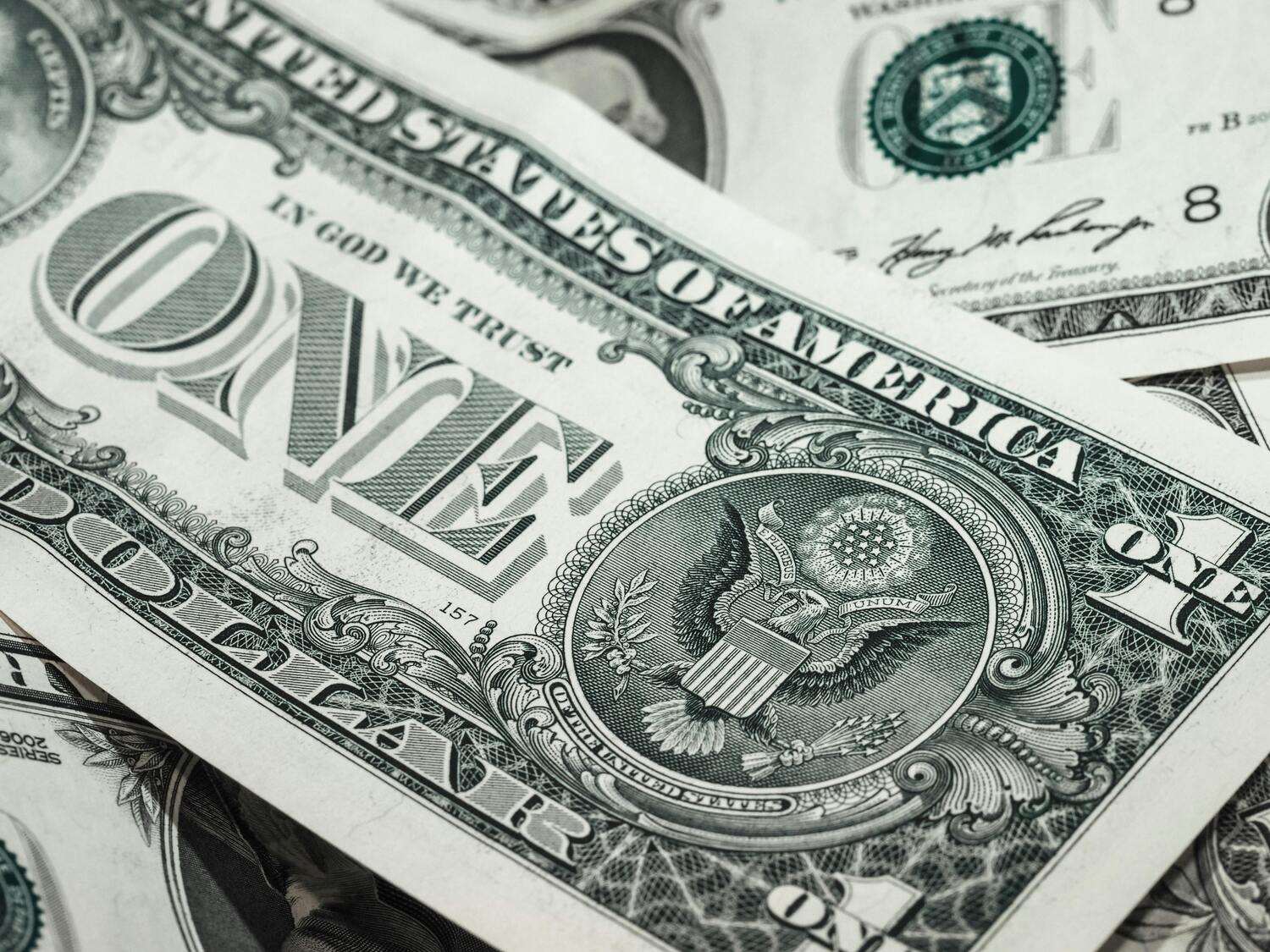Debt Shame Keeps You Poverty – Here is How to Demolite It

You not only avoid using a bank account. You are avoiding reflection. This feeling of sunk is more than just financial stress when a credit card statement is logged into your inbox. What a pity. This is why so many people are desperate to get a lot of people into debt.
We were told that debt equals failure. If you owe money, you are irresponsible. If you are struggling, it’s because you’ve messed up. But what if this shame hurts more than the debt itself? What if silence, confidentiality and self-proclaimed are things that really make you poor?
How to overcome debt shame
The emotional weight of debt is heavier than interest
Debt is more than just a number. This is an emotion. When you hand over your credit card, it’s a pit in your stomach. The spiritual math you want to do before each purchase. When someone casually mentions their “debt-free journey”, his face rises. Shame is not only sitting in the wallet. It lives inside you.
This emotional hurt will not only make you feel sad. It costs you. Shame can lead to paralysis. You stop opening the bill. You delay calling. You ignore your financial situation because it’s unbearable to face them. The compounds of interest and options shrink when you get stuck in the freezing response. Shame steals your ability to move.
How society weaponizes financial errors
We see debt as a moral failure. Especially in a world enamored with the hustle and bustle culture and bootstrapping myth, the message is clear: if you are in debt, it’s your fault. Don’t mind medical expenses, predatory loans or financial inadequacy. The blame is directly attributed to the person, not the system.
This mentality creates a culture of confidentiality. People hide debts from partners, friends and even therapists. They remain silent, thinking they are the only ones struggling. But debt is shockingly common – almost 77% of American adults have some form. The silence around us does not protect us. It is isolated.
Shame makes you hide and hide block solutions
Shame thrives in secrecy. It’s sure your situation is too messy, too awkward, too far away. It allows you to hide your credit statement in your drawer, delete payment reminders and ghost creditors. But here’s the fact: Hiding will never solve the problem. It just eats.
When you feel ashamed, you won’t negotiate. You do not seek help. You don’t ask questions. You don’t study. You just have to support the impact and hope it disappears in some way. But debt will not disappear silently. It disappears with planning, support and action. Shame hinders these three.
You can’t budget
Most financial advice skips the emotional part. You will find tips on how to snowball debt and avalanche, but there are few tips on how to stop loathe yourself. But even the best strategy won’t stick to it until you solve the shame.
Because shame not only consumes your confidence. It ruins your habits. You may be overspending to deal with it. You may avoid bank balance because it can cause anxiety. You may swing between extreme restrictions and emotional splurge. This is not a lack of discipline. This is a traumatic reaction to the inner gui.

Redefine debt as a financial event, not a moral identity
Debt is Condition,no sentence. This is what happened, not who you are. Reshaping the narrative surrounding debt is crucial to regaining control. Try “I face financial challenges and learn from them.”
This is not toxic positivity. This is psychological accuracy. People don’t get into debt because of bad people. They are spiraled due to life events, bad advice, unfair systems or survival decisions. Shame loses grip when you show yourself the full picture of grace.
Talk about it, even if it feels uncomfortable
The antidote to shame is sunshine. Let’s talk about it first. Not everyone, but with someone. A trustworthy friend. Therapist. A support group. Your partner. Even just write it down in a private diary. Name your shame to remove its power.
You’ll be surprised at how many people have responded to “I’m also.” The more standardized debt is, the more we must eliminate the power of silence that makes it so destructive. Vulnerability is not a weakness. This is the beginning of freedom.
Small empowerment moves that destroy the shame cycle
You don’t have to shout debt from the rooftop. But you able Start with strengthening your agency’s small and brave behavior:
- Check your total debt number without judgment.
- Call a creditor and ask for tough options.
- Read the personal financial stories of the person you are in.
- When you feel overwhelmed, speak to yourself.
These are not just financial actions. They are emotional. Everyone is shattering on the wall of shame, bricks of bricks.
Forgiveness is a financial tool
If you keep punishing your past, you can’t move forward. Self-forgiveness is not fluffy. This is strategic. It allows your brain to move from survival mode to problem-solving mode. This mentality is what changes everything.
You are not a mistake in the past. You are willing to learn from them. You are your resilience. Even if your debt is still in progress, you deserve respect.
Shame makes you stuck. Compassion makes you free
Debt Shame is an invisible chain that puts people desperately and desperately into trouble. But this doesn’t have to be permanent. You can split it with honesty, support and self-compassion. Debt may still exist, but the shame is not necessarily.
What story do you tell about your debt, and what would it be like to tell another story?
Read more:
Debt is the new middle class: Why everyone looks rich but owe everything
How debt is sold on freedom and why is it a lie





